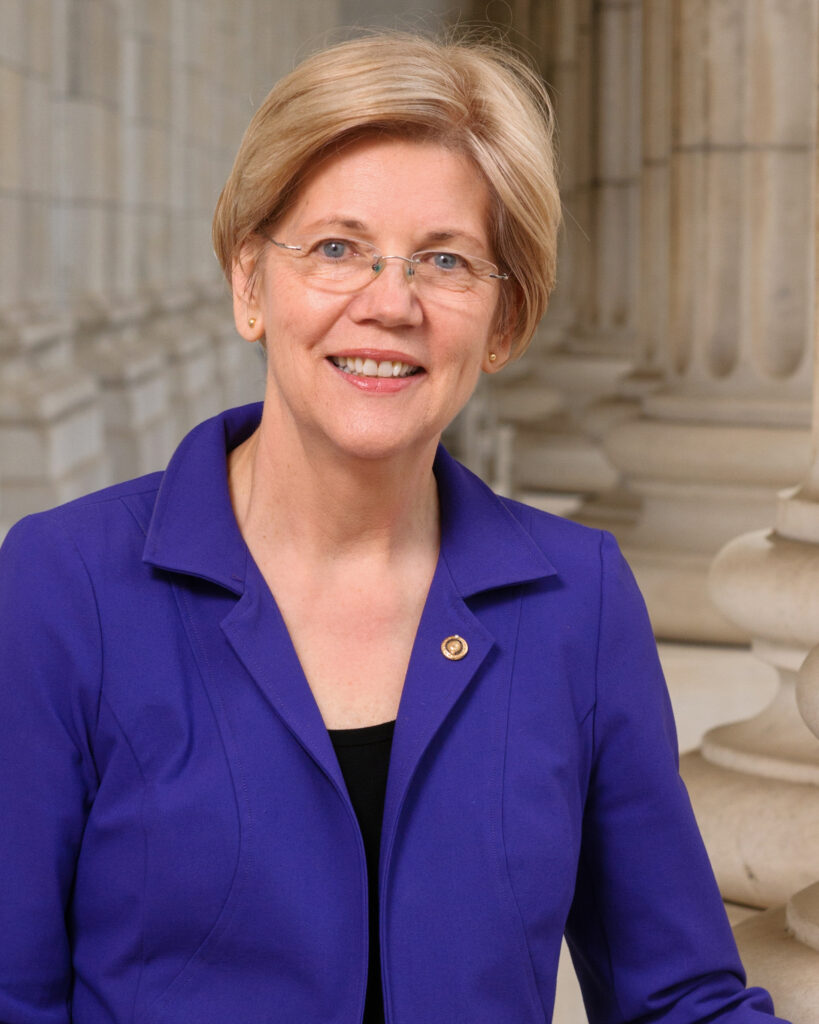The 2020 presidential election is still over 8 months away, but the election has heated up now that voters have begun caucusing in the Democratic primary election. As most political observers know, reverse mortgages in general and the Home Equity Conversion Mortgage program specifically don’t often come up as hot button topics of political conversation, yet these products and the federal departments that oversee and regulate them give the President of the United States a great deal of leverage in controlling the destiny of the industry.
In our first of two looks at the field of prominent presidential candidates and their perspectives that may inform how they view the reverse mortgage industry, RMD takes a look at businessman and former New York City Mayor Michael Bloomberg, along with CFPB architect Senator Elizabeth Warren. Both candidates represent key contrasts in their perspectives on business, especially considering that they are both vying for the presidential nomination of the same political party.
Michael Bloomberg: retirement policy plan includes reverse mortgages
Businessman and Democratic presidential candidate Michael Bloomberg has introduced a newly-proposed retirement policy plan which highlights the importance for leveraging home equity in retirement, saying that government oversight of reverse mortgage products should be strengthened while encouraging the creation of new, less costly alternatives.
“The equity people have in their homes is often their largest asset when they reach retirement age, but they rarely tap it to supplement income in retirement,” the campaign’s policy proposal reads. “The available financial products allowing them to do so are expensive and unappealing. What’s worse, seniors in distress can fall victim to unscrupulous actors.”
Bloomberg intends to support seniors who elect to leverage their home equity for both forging a more secure retirement and meeting unexpected costs of living, while supporting policies his campaign says will ensure “their costs are low and their interests are fully protected.”
To further encourage the incorporation of home equity into retirement funding as president, Bloomberg will support the development of “simpler and less costly” home equity conversion products; he will “provide strong advisory services to improve financial literacy pre-retirement” to assist financially stressed seniors in sufficiently exploring their available options; and will support government subsidies on loans for qualifying low-income seniors.
Bloomberg’s plan will also include the promotion of state-level programs which allow low-income seniors to defer their homes’ property taxes, which is intended to “leav[e] them with more income to live on,” the plan says.
Elizabeth Warren: CFPB architect, consumer advocate

Coming to national attention in the late 2000s due to her consumer advocacy efforts in the wake of the 2007-2008 financial crisis, Elizabeth Warren had a long career in academia before being appointed to serve on the Federal Deposit Insurance Corporation (FDIC) Advisory Committee on Economic Inclusion. While her direct references to the HECM program or reverse mortgages in general has been limited, Warren has had a major impact on the industry since her advocacy and academic efforts led directly to the establishment of the Consumer Financial Protection Bureau (CFPB) in 2011. The Bureau’s oversight of the financial sector has led it to have regulatory enforcement authority over the reverse mortgage industry.
“This new regulator has authority over financial services generally, and a specific office that is charged with overseeing consumer protection for the elderly,” said Peter Bell, CEO and then-president of the National Reverse Mortgage Lenders Association (NRMLA) in a 2011 email to RMD. “Furthermore, the enabling legislation that created the agency explicitly requires it to evaluate current practices and consumer safeguards for reverse mortgages and report on that within a year. Obviously, the results of that study and any new recommendations it might lead to are of interest to reverse mortgage lenders.”
Warren successfully ran for the U.S. Senate in Massachusetts in 2012, and was inaugurated in January of 2013. Like Senator Sanders, Warren also voted to approve the Reverse Mortgage Stabilization Act via unanimous consent that summer. Its previous passage in the House allowed it to go to the desk of then-President Barack Obama, who signed it into law on August 9, 2013. Passage via unanimous consent can only take place if there is no single Senator wishing to present any objections.
In January 2017 during the confirmation hearing for Steven Mnuchin to serve as President-elect Trump’s treasury secretary, Warren cited a situation involving the widow of a reverse mortgage borrower who was foreclosed upon by OneWest, a bank formerly led by Mr. Mnuchin. The widow, Colleen Ison-Hodroff, was a non-borrowing spouse on a reverse mortgage from Financial Freedom, a OneWest subsidiary, and provided testimony speaking against Mr. Mnuchin’s nomination at Senator Warren’s invitation. Mnuchin addressed reverse mortgage issues in his own following testimonies, and was ultimately confirmed.
Like Senator Bernie Sanders, Warren also opposed the nomination of Brian D. Montgomery as Federal Housing Administration (FHA) Commissioner. She vigorously spoke out against him related to his first stint with FHA during the George W. Bush administration, and his consultative activities in the private sector during the Obama administration.
“During [his first tenure], big banks like Wells Fargo submitted thousands of fraudulent mortgages to FHA, costing the government millions of dollars. But a month after leaving FHA, Montgomery co-founded a company that advises banks – including Wells Fargo – on how to pay the government back as little as possible for defrauding FHA,” Warren said in October 2017.
Warren was re-elected to the Senate in November 2018 by a wide margin, and announced her 2020 campaign for the presidency in February 2019. She regularly highlights her role in the establishment of the CFPB as proof of her consumer-focused record. When former Department of Housing and Urban Development (HUD) Secretary Julián Castro ended his own campaign for the presidency early this year, he endorsed Warren shortly thereafter.





